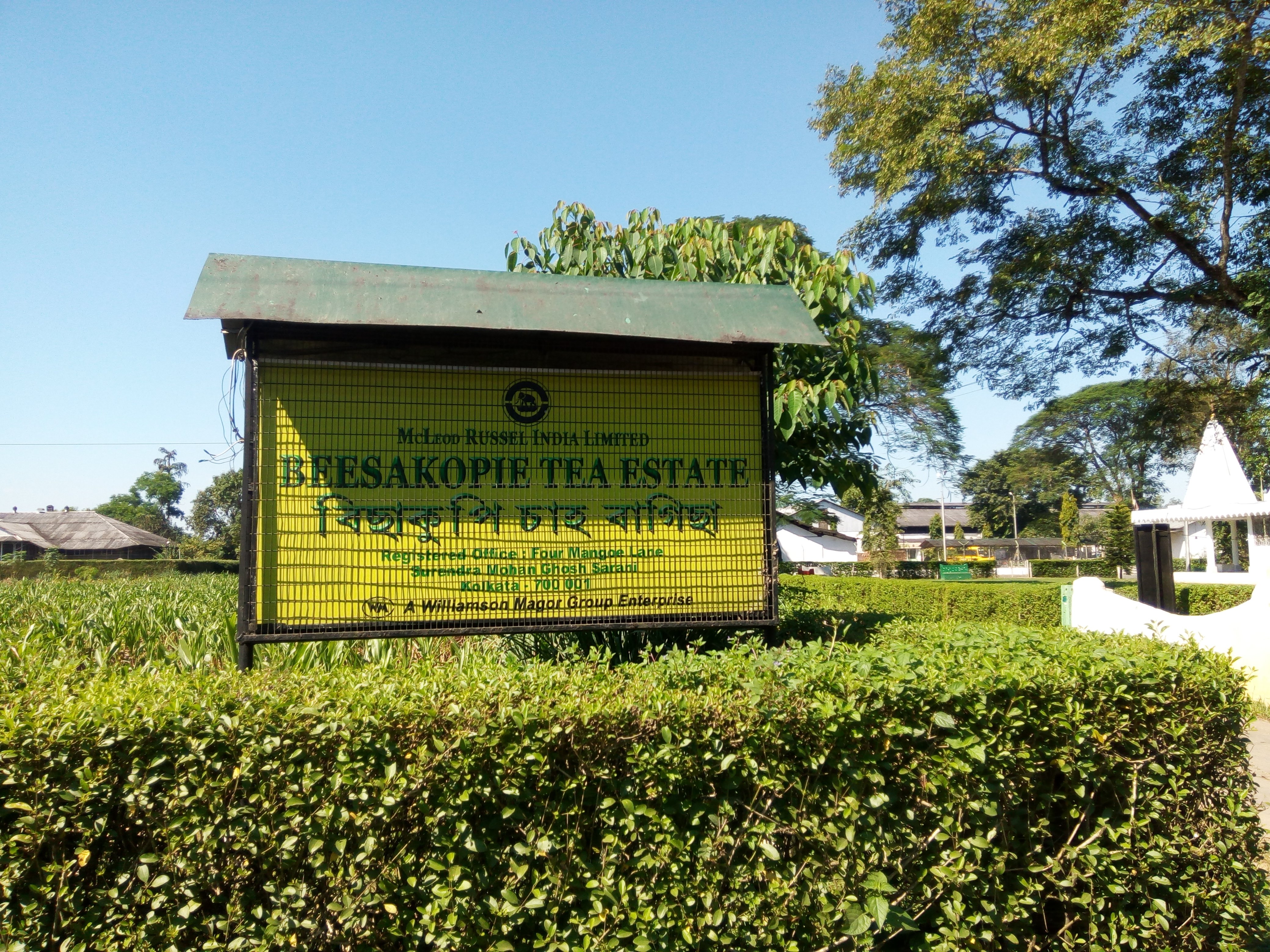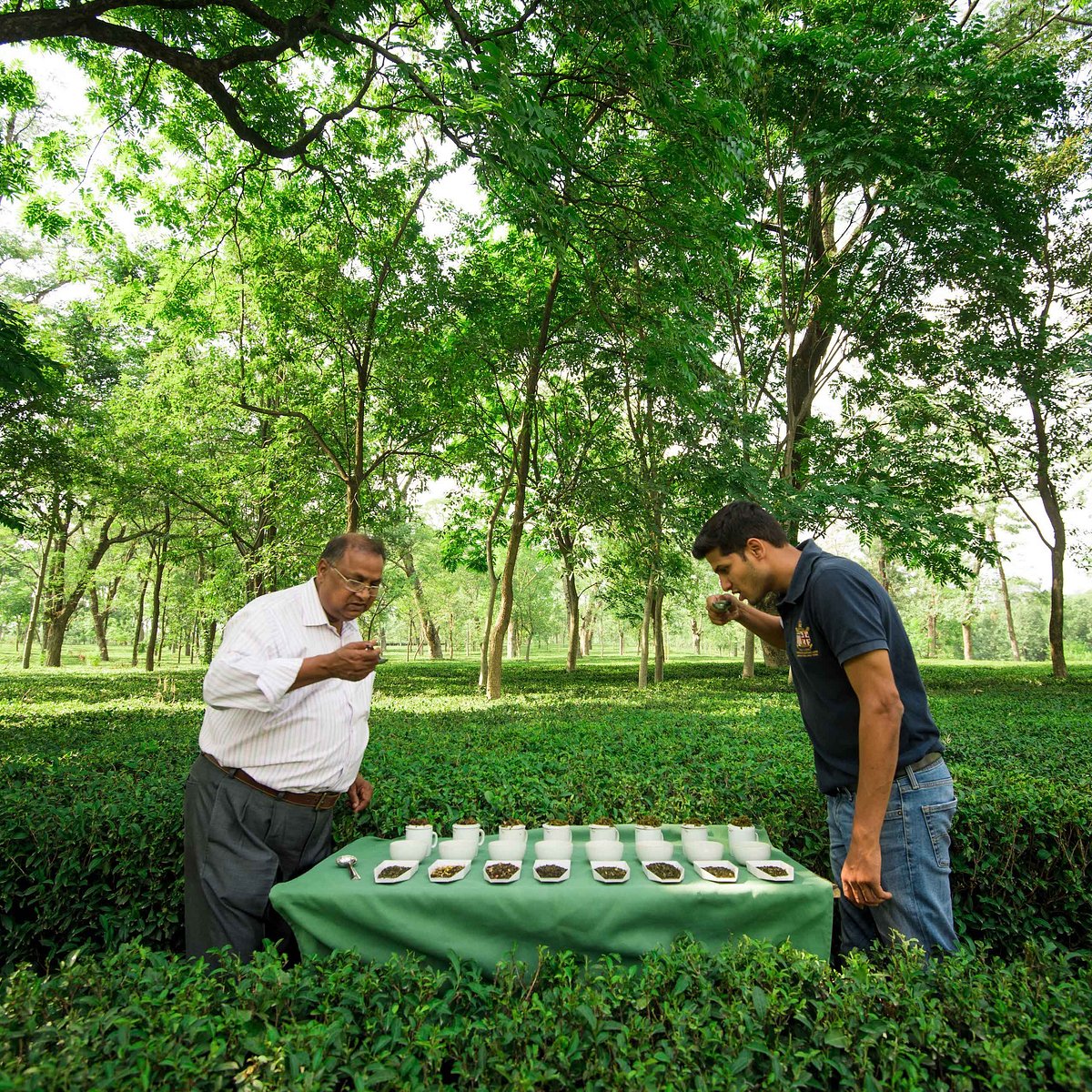McLeod Sells to Survive, but for How Long? – An Analysis of the Company’s Financial Prospects in 2023

McLeod Sells to Survive, but for How Long? – An Analysis of the Company’s Financial Prospects in 2023
As the nation’s top bulk tea producer, McLeod may sell as many as 15 Assam tea gardens to Jalans-led Carbon Resources for about Rs 750 crore.
In the last 11 years, the world’s largest tea company, McLeod Russel, has sold up to 31 tea estates and intends to sell more.
The firm’s viability has been questioned, even if the Khaitan-led company’s intention to monetize more assets aligns with its lenders’ one-time settlement (OTS).
As the nation’s top bulk tea producer, McLeod may sell as many as 15 Assam tea gardens to Jalans-led Carbon Resources for about Rs 750 crore.

The company’s board authorized signing an agreement with Carbon to develop a mutually agreed method for selling “identified” gardens for the planned OTS earlier this month.
With a total production of 102.91 million kgs of tea in 2012, the corporation controlled 64 tea plantations worldwide, including 48 in Assam and six in West Bengal. The average realization for the financial year 2011–12 was Rs 149.61 per kilogramme.
In their annual report for FY12, McLeod Russel stated, “At McLeod Russel, we recognize that business sustainability is most effectively achieved by the ability to produce the largest volume of the best quality at the lowest cost.”
The most extensive bulk tea producer’s annual report used the title “Sustainability In A Cyclical Business” as its primary focus.
McLeod then reported a net profit of Rs. 294.26 crore on a consolidated basis. Ebidta was 401.16 crore rupees, while the Ebidta margin was 28.48 rupees. For 2011–12, the business had general reserves of Rs. 640 crore.

It’s difficult to ignore the irony eleven years later.
Due to ongoing asset sales of its numerous tea estates to increase cash flow, which is required to cover escalating expenditures, the business presently only owns 33 tea plantations, 31 of which are in Assam and two in West Bengal. About 40 million kgs are produced overall. The selling of tea estates was the primary cause of the output decline. With debt now over Rs 1,700 crore, the promoter has no choice except to sell further shares.
The tea manufacturer reported a staggering net loss of Rs 1,056.50 crore for FY23. Furthermore, the loss grew in comparison to the prior year. In FY22, net loss totalled Rs 180.92 crore. Compared to a net profit of Rs 67.26 crore in the fiscal year 2017–18, the net loss for the 2018–19 financial year was Rs 4.42 crore. As the number of gardens decreased and sales decreased, profitability continued to suffer. Ebidta’s margin fell as a result virtually annually.

Notably, the financially troubled business entered bankruptcy proceedings in February of this year after failing to pay Rs 347.47 crore to one of its financial creditors, the IL&FS Infrastructure Debt Fund. It was discharged from the insolvency proceedings in May after the Khaitans sought a resolution outside of court. It successfully avoided insolvency proceedings for the second time this year.
“How large of a haircut the lenders would experience due to the planned OTS system is still unclear. But even if the OTS is ultimately approved following the anticipated asset monetization, McLeod would have far fewer gardens. Additionally, because the buyer would undoubtedly want to purchase only premium and lucrative greens, the remaining parks’ quality would be lower. Therefore, it would put further strain on McLeod’s Ebitda and sustainability moving ahead, according to a prominent analyst who follows the tea industry.
According to the analyst, “At the moment, one million kg of tea adds approximately Rs 2 crore to a tea company’s Ebitda, which has significantly decreased due to a significant increase in sector costs.”
Carbon Resources intends to formally agree to purchase the tea gardens from McLeod by July 28. The tea company’s chairman and managing director, Aditya Khaitan, faces several difficulties.
The corporation must finalize the planned OTS details before committing to a legally binding agreement to sell gardens. According to individuals familiar with the situation, “the management of the company is currently in discussions with the banks for the OTS.”
Meanwhile, McLeod Russel is asking shareholders to approve the appointment of Khaitan as the company’s MD for a three-year term beginning on May 17, 2023. Only 6.25 per cent of the corporation is owned by the Khaitans.
In the dynamic landscape of the business world, companies constantly face challenges that test their resilience and adaptability. One such company, McLeod, has been struggling with financial difficulties and resorting to asset sales to stay afloat in 2023. This article aims to analyze why McLeod is facing challenges, review its actions to overcome them and make predictions about its future sustainability.
McLeod, a well-established company with a diverse portfolio, has been struck by a series of setbacks in recent years. Its financial troubles can be attributed to internal and external factors. Changes in consumer preferences, increased competition, and economic downturns have adversely impacted the company’s revenue streams.
Poor management decisions and a failure to innovate and adapt to changing market trends have further exacerbated McLeod’s financial woes. The company found itself burdened with high operating costs and mounting debt, making it increasingly challenging to meet its financial obligations.
McLeod has embarked on selling off non-core assets and divisions to mitigate the crisis. By divesting these entities, the company aims to raise capital and reduce debt, thus alleviating the immediate financial pressure.

Asset sales can provide a temporary lifeline, allowing McLeod to meet its immediate financial obligations and avoid bankruptcy. However, this approach has risks. Selling off valuable assets could erode the company’s long-term competitiveness and limit its ability to generate future revenue. Achieving a balance between short-term survival and long-term sustainability presents a challenge.
While selling assets can provide short-term relief, McLeod must confront several challenges to ensure its survival beyond the current financial crisis. Some key challenges the company is likely to face include:
- Sustainability of Remaining Business Units: With the divestment of non-core assets, generating revenue falls heavily on the remaining business units. McLeod needs to carefully assess the growth potential of these units and develop strategies to enhance their profitability.
- Debt Management: Even with asset sales, the financial strain will persist if McLeod fails to address its underlying debt problem. Proper debt management and restructuring are vital for the company’s long-term financial stability.

- Innovation and Adaptation: McLeod must focus on innovation and adapt to changing customer demands to thrive in a competitive market. Failure to do so could further decline market share and revenue.
- Brand Reputation: Financial struggles can negatively impact a company’s brand reputation. McLeod must work diligently to rebuild trust with its customers, partners, and stakeholders.
- Economic Conditions: The broader economic landscape will significantly determine McLeod’s future. Economic upturns can create growth opportunities, while prolonged downturns may pose additional challenges.
As McLeod sells assets to survive the financial crisis in 2023, the company’s long-term prospects remain uncertain. While asset sales can offer temporary relief, they do not guarantee sustainable growth or financial stability. McLeod must address the root causes of its financial troubles, including debt management, innovation, and adapting to changing market dynamics.

To secure its future, McLeod needs a well-defined strategy combining short-term survival and long-term growth initiatives. Only through a comprehensive and strategic approach can McLeod hope to navigate through these turbulent times and emerge stronger on the other side. The road ahead is challenging, but with the right decisions and effective execution, McLeod may yet find a path to sustained success.




